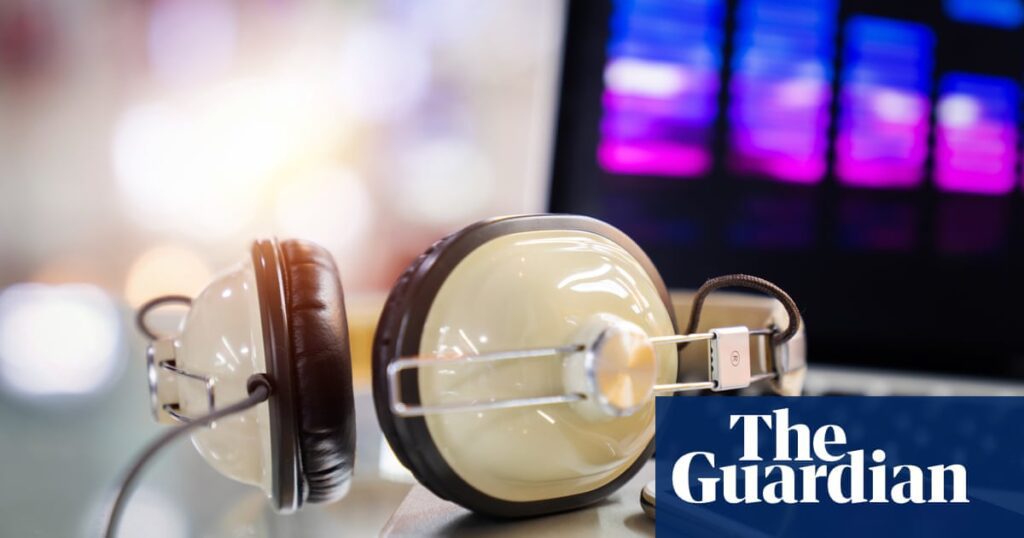People working in the music industry will lose almost a quarter of their income to artificial intelligence over the next four years, according to the first report. global economic study examine the impact of emerging technology on human creativity.
People working in the audiovisual sector will also see their income fall by more than 20% as the generative AI market grows from €3 billion (A$4.9 billion). per year to reach 64 billion euros expected by 2028.
The findings were published Wednesday in Paris by the International Confederation of Societies of Authors and Composers (CISAC), which represents more than 5 million creators worldwide.
The report concludes that while the AI boom will greatly enrich giant tech companies, creator rights and revenue streams will be significantly reduced. unless policy makers intervene.
The Australian and New Zealand governments were singled out by CISAC president Björn Ulvaeus, a former ABBA member, who said the two countries were at the forefront of the world in policy-making which would protect creators from generative AI.
“In Australia, the report from the new Senate Select Committee on AI is encouraging and promising,” Ulvaeus said in a statement.
“By establishing a gold standard for AI policy, one that protects the rights of creators while promoting responsible and innovative technology development, Australia and New Zealand can ensure that AI serves a tool to enhance human creativity rather than replacing it.
“The world is watching us, and the decisions made will resonate well beyond our borders. »
The Senate Inquiry in Canberra last week released its latest investigation into the future impact of AI. Among the report’s 13 recommendations was the call for the introduction of standalone AI legislation and greater protection for creative workers.
Dean Ormston, chief executive of Australian music rights organization Apra Amcos, said the global report recognized the incredible opportunities presented by AI, but also highlighted the urgent need for action from governments around the world to protect the rights and revenues of creators.
“It’s the creators who stand to lose the most,” he said in a statement.
“Our industry thrives on human creativity. Our songwriters and music publishers are at the heart of what makes Australian and New Zealand cultural exports so distinctive.
“We must ensure strong protections for their work, particularly Indigenous cultural and intellectual property, so that AI platforms follow protocols and enhance rather than exploit First Nations culture. The Australian and New Zealand governments must take the lead and act decisively to protect the livelihoods of creators and the future of our creative industries.
after newsletter promotion
The study concludes that under the current regulatory framework in most countries, creators stand to lose out on two fronts. Unauthorized use of their works by generative AI models will reduce the remuneration earned through copyright, while at the same time, work opportunities will decrease as AI-generated results become more competitive with works created by man.
The report predicts that by 2028, the exponential growth of AI-driven generative music would account for around 20% of traditional music streaming platform revenues and around 60% of music library revenues.
AI developers and suppliers in the music industry are expected to earn €4 billion (up from €0.1 billion in 2023), while developers and suppliers in the audiovisual sector are expected to earn €5 billion on the same period.
This will be revenue “directly derived from the unlicensed reproduction of creators’ works, representing a transfer of economic value from creators to AI companies,” the report warns.
“AI has the power to unlock exciting new opportunities – but we must accept that, if poorly regulated, generative AI also has the power to cause serious harm to human creators, their careers and their livelihood,” Ulvaeus said.
“Which of these two scenarios will be the outcome? This will be determined largely by the choices made by policymakers, as part of the legislative reviews that are currently underway around the world.
“It is essential that we put these proper regulations in place, protect the rights of creators, and help develop an AI environment that protects human creativity and culture.”


